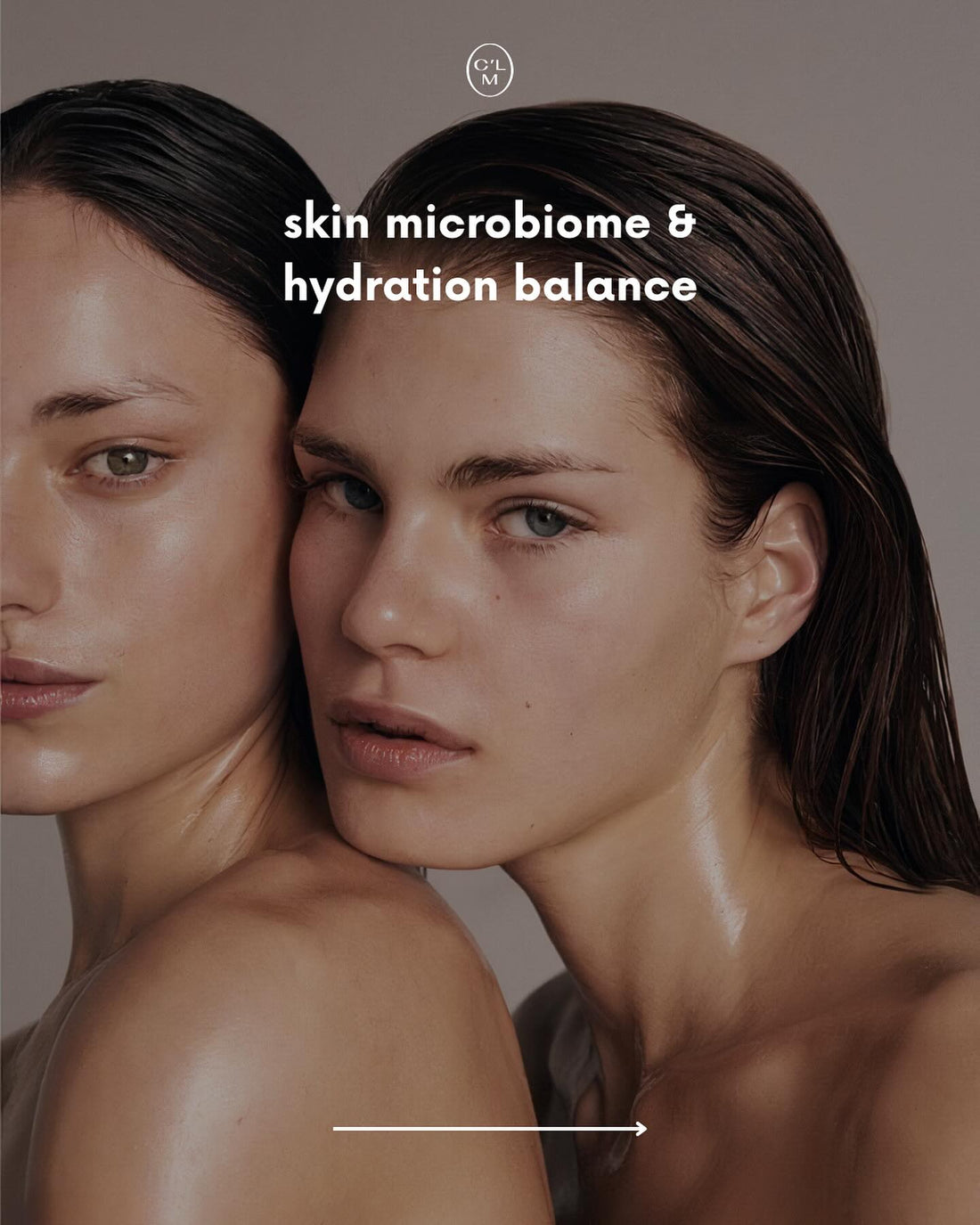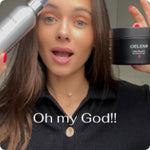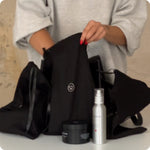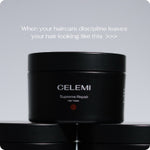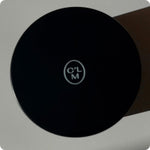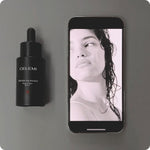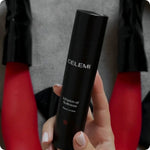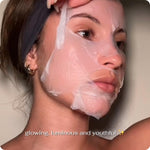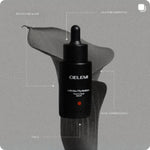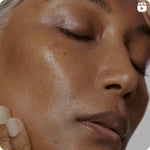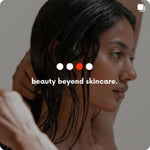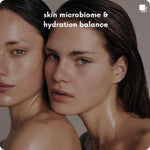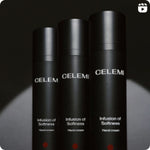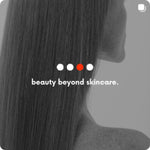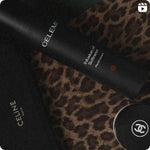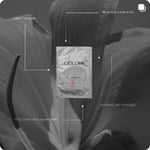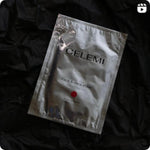Acne is a common and often frustrating skin condition that affects people of all ages. While many factors contribute to the development of acne, such as hormonal imbalances, genetics, and diet, one crucial aspect often overlooked is hydration. Maintaining proper skin hydration is not only essential for overall skin health but also plays a significant role in managing and preventing acne. Let's explore how hydration impacts acne-prone skin and why incorporating hydrating products into your skincare routine can help you achieve clearer, healthier skin.
The Connection Between Hydration and Acne
When we think about treating acne, the focus often shifts to harsh cleansers, exfoliants, and treatments designed to dry out excess oil. However, over-drying the skin can backfire, leading to more breakouts and irritation. Here's why hydration is essential in the battle against acne:
-
Balancing Oil Production One of the primary causes of acne is the overproduction of sebum, the skin's natural oil. When the skin is dehydrated, it compensates by producing more oil to maintain moisture levels. This excess oil can clog pores, leading to the formation of blackheads, whiteheads, and pimples. Proper hydration helps balance the skin's oil production, reducing the likelihood of clogged pores and breakouts.
-
Maintaining Skin Barrier Function A well-hydrated skin barrier is crucial for keeping out harmful bacteria and irritants that can trigger acne. Dehydrated skin has a compromised barrier, making it more susceptible to inflammation and infections. Hydrating products strengthen the skin barrier, enhancing its ability to protect against acne-causing bacteria and environmental aggressors.
-
Reducing Inflammation Acne is often accompanied by inflammation, which can lead to redness, swelling, and discomfort. Hydration helps soothe and calm the skin, reducing inflammation and promoting faster healing of acne lesions. Ingredients like hyaluronic acid and aloe vera are known for their anti-inflammatory properties and can provide much-needed relief for irritated, acne-prone skin.
-
Preventing Dryness and Flakiness Dry, flaky skin can clog pores and exacerbate acne. Hydrating products ensure that the skin remains smooth and supple, preventing dead skin cells from accumulating and blocking pores. This is particularly important when using acne treatments that can be drying, such as benzoyl peroxide or salicylic acid.
-
Improving Skin Texture and Appearance Proper hydration improves the overall texture and appearance of the skin. Hydrated skin looks plumper, more radiant, and healthier, making acne scars and blemishes less noticeable. Consistent hydration can also enhance the effectiveness of other acne treatments by allowing better absorption and reducing the risk of irritation.
Choosing the Right Hydrating Products for Acne-Prone Skin
When selecting hydrating products for acne-prone skin, it's essential to choose non-comedogenic formulas that won't clog pores. Here are some key ingredients to look for:
- Hyaluronic Acid: A powerful humectant that attracts and retains moisture in the skin without clogging pores.
- Glycerin: An effective hydrating agent that draws water into the skin, keeping it moisturized and balanced.
- Aloe Vera: Known for its soothing and hydrating properties, aloe vera can calm irritated skin and provide essential moisture.
- Niacinamide (Vitamin B3): Helps improve the skin barrier, reduce inflammation, and regulate oil production.
- Ceramides: Lipids that restore and maintain the skin's natural barrier, preventing moisture loss and protecting against irritants.
Tips for Hydrating Acne-Prone Skin
- Drink Plenty of Water: Hydration starts from within, so make sure to drink enough water throughout the day to support your skin's health.
- Use a Gentle Cleanser: Avoid harsh cleansers that strip the skin of its natural oils. Opt for gentle, hydrating cleansers that cleanse without over-drying.
- Incorporate Hydrating Serums: Apply hydrating serums before your moisturizer to lock in moisture effectively.
- Moisturize Regularly: Even if you have oily skin, don't skip the moisturizer. Choose a lightweight, non-comedogenic moisturizer to keep your skin hydrated.
- Avoid Over-Exfoliating: Over-exfoliation can lead to dryness and irritation. Stick to gentle exfoliants and use them sparingly.
Conclusion
Hydration plays a crucial role in managing acne by balancing oil production, maintaining the skin barrier, reducing inflammation, and preventing dryness. By incorporating hydrating products into your skincare routine and staying hydrated from within, you can achieve clearer, healthier skin. Remember, the key to managing acne is finding the right balance, and proper hydration is a vital part of that equation. Embrace the power of hydration and take a step closer to acne-free, radiant skin.

